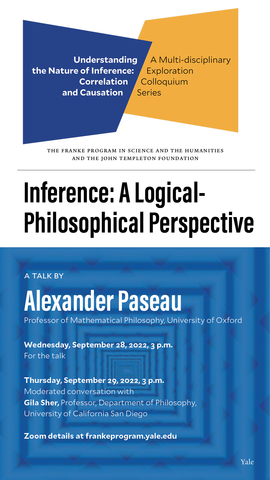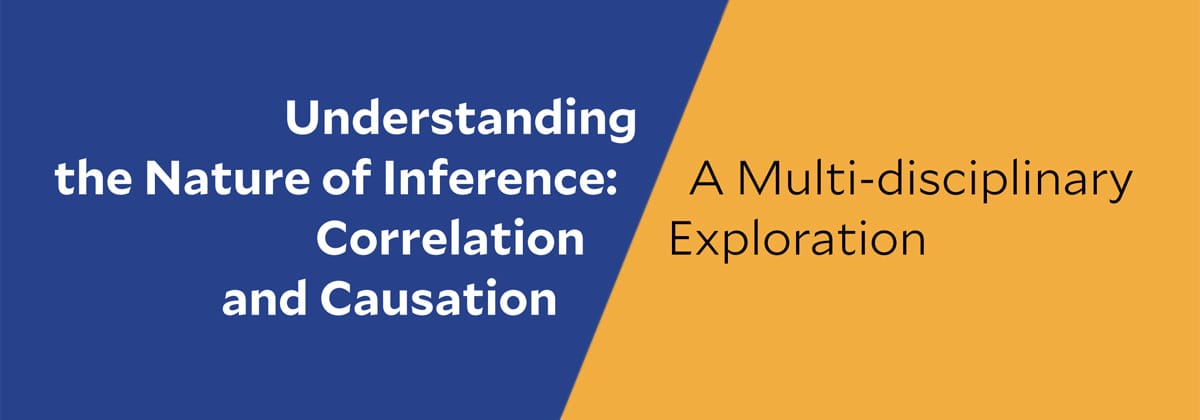
Inference is a logical-philosophical perspective on the world; it is an epistemological theory that deals with how we come to know things and how we can justify our knowledge claims. Inference also includes deduction and induction, which are processes that work in the opposite direction from inference. Deduction infers a conclusion from a given premise, while induction infers a conclusion by considering the evidence and then concluding on the basis of that evidence.
In his talk, Professor Paseau explores the idea, first, that logic is infinite, and second, on non-deductive inference reasoning in mathematics and speculates at the end, on the link between the two. In other spheres of intellectual activity, a result is established, a claim without proving it in a strict sense, but in mathematics, a claim is only regarded as really established if it’s been proved and it becomes a theorem.
A logician should not really be interested in any particular natural language, including the technical parts. However, today its extensions opens the door to generalizations of the bottom-up arguments that go beyond the countably infinite. A bottom-up argument, as Professor Paseau calls it, rests on relatively light theoretical principles. They rest on things that most people believe about logic already or slight extensions of them. The top-down arguments are much more theoretical. They’re based on the nature of logic and/or the logical constants.
The first argument that’s being made is that logic cannot be finite but must be infinite. A logic is in many ways like an ordinary language such as English, Spanish, Arabic or Mandarin. Philosophers and linguists call these as natural languages. It contains vocabulary and rules for conjoining known as grammar. As an analogy, to say logic is finite is, very roughly, to say is that sentences are finite. This may not be true because natural languages grow. They accrue words by the day. Just to take an example, “I can’t play my DVD on my laptop.” That would’ve been incomprehensible to Victorians.
The next argument is the nature of logic. The features of logic that are generally accepted are generality and topic neutrality. Generality is the idea that logic applies to all spheres, and topic neutrality, a very closely related idea, is that it doesn’t have a topic of its own but rather it applies to all areas. This notion of invariance coincides with what can be characterized in a highly infinite logic. The top-down and the bottom-up arguments point to the conclusion that logic is highly infinite, which is quite a radical idea.
Deduction doesn’t have any special epistemological virtue. We are able to understand mathematical facts by observation and testing. Previously we thought that deduction preserves certainty, but instead maybe what links them is permissiveness about inference and about implication. Professor Paseau reminds us that there could be much more to logic than recognized. It’s infinite and that non-logical inference can be more reliable than is often appreciated, even in mathematics where the deductive method reigns, it should be recognized as giving rise to knowledge.
–Zahra Kanji

